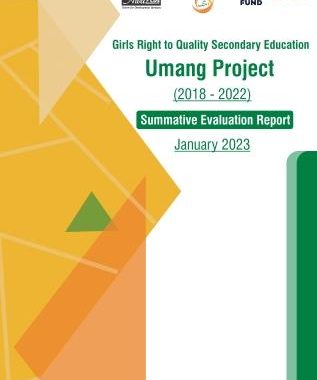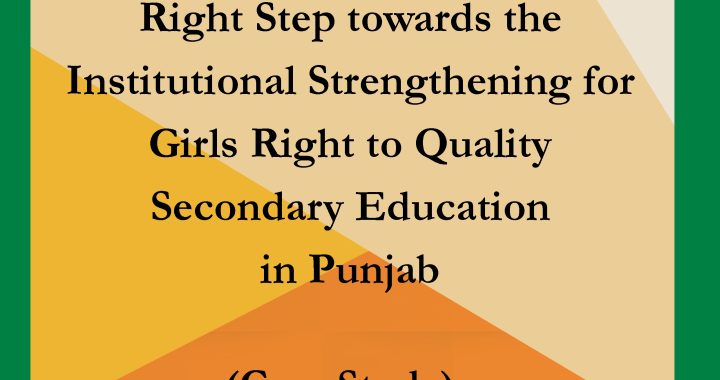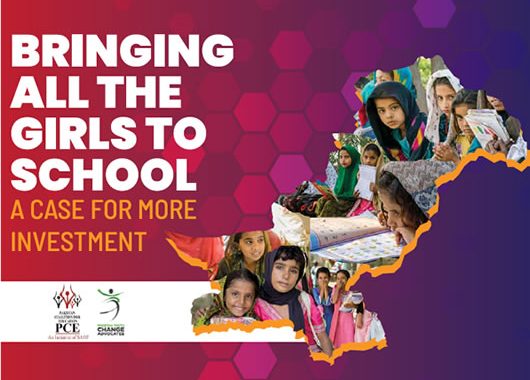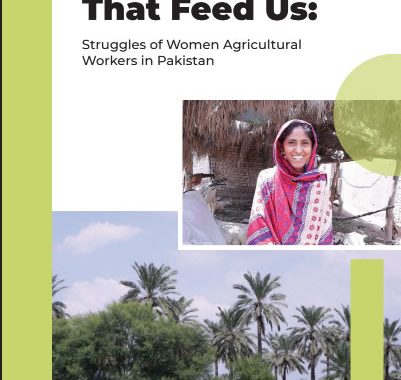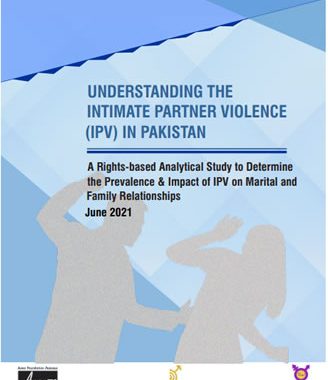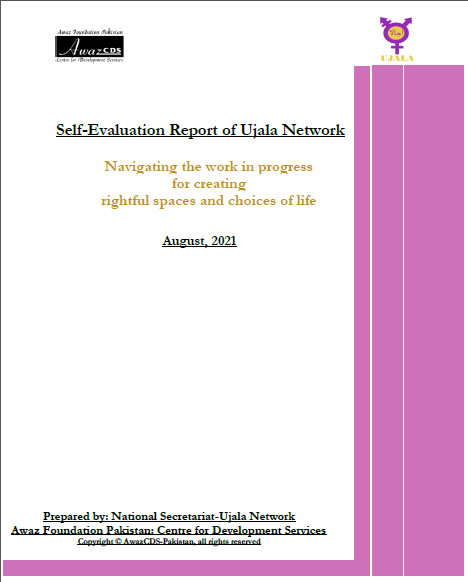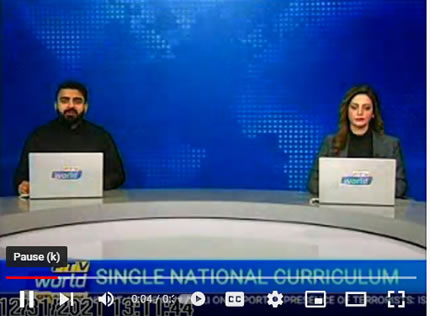Evaluating the work of Awaz-CDS established in 1995 it appears they have a passion and record of accomplishment for working on education-particularly girls’ education in Pakistan. The organization is equally dedicated to realization of Sustainable Development Goals (SDGs) and is part of Pakistan Development Alliance-a consortium of CSOs/NGOs. Besides working in Pakistan with rights-based approach amid shrinking spaces, its special consultative status with United Nation’s Economic & Social Council (UN ECOSOC) enables the Awaz-CDS to flag these issues at global forums.
Umang as an Urdu word denotes a strong drive, desire, ambition, passion and enthusiasm for success. Awaz-CDS started implementing Umang project in March 2018 and it ended in June 2022. The project focused on increasing possibilities and enhancing Quality Secondary Education for girls in Punjab with special emphasis on South Punjab.
The project employed multi-pronged strategies to make tangible progress on its objectives. Despite pandemic (COVID-19) that affected the education sector, the project made recognizable achievements. Meaningful engagement with the Legislators in the Provincial Assembly of Punjab and subsequently a successful amendment in the Punjab Free and Compulsory Education Act, 2014 could be regarded as the significant achievement. This may open up possibilities to improve the Right to Education laws in other federal jurisdictions. The Federal Free and Compulsory Education Act that is for the Islamabad Capital Territory contains similar hampering sections.
